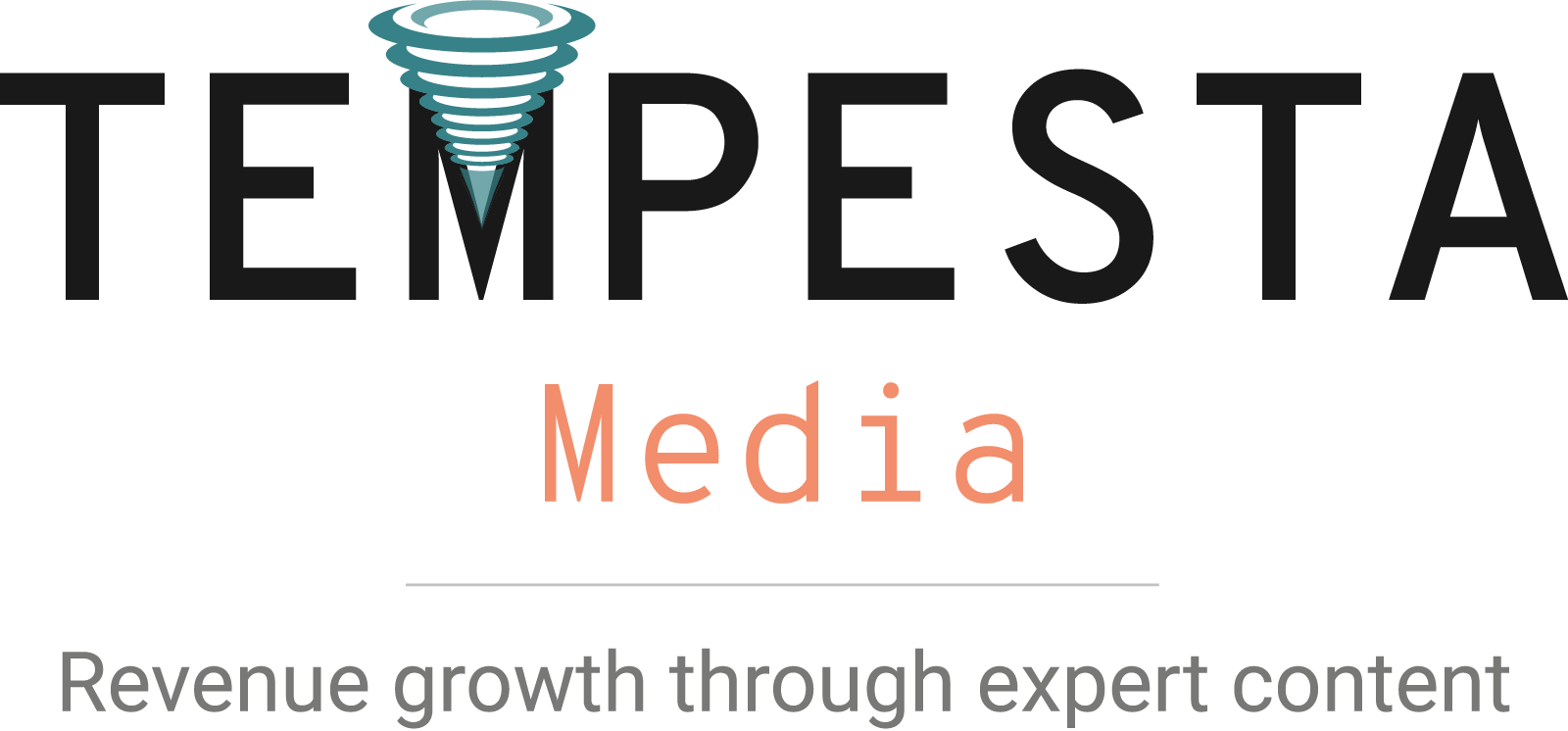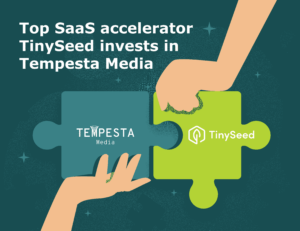People have grown accustomed (and immune) to traditional marketing tactics such as print or television advertisements. However, there has been a major shift in recent years to content marketing as an effective brand communication strategy.
From blogs and videos to social media posts and podcasts, content marketing provides an effective platform for businesses to reach their desired audiences. At the same time, understanding the shift can be challenging for businesses of all sizes.
To ensure your business is taking full advantage of content marketing, it is essential to understand how the move from traditional marketing to content marketing can help create effective brand communication. Comparing content marketing versus traditional marketing helps to gain that understanding.
The Traditional Marketing Approach
Traditional marketing, often called outbound marketing, relies on interrupting the target audience with mass advertising messages. This approach captures their attention through repetitive exposure to TV commercials, radio ads, print media, billboards, and direct mail. While these methods effectively reached a wide audience in the past, they have significant limitations in the digital age.
One of the main drawbacks of traditional marketing is its lack of personalization. Messages are broadcasted to the masses without considering individual preferences or needs.
This often leads to irrelevant and impersonal advertisements that fail to engage consumers. Furthermore, traditional marketing largely relies on the one-way communication model, leaving little room for interaction or feedback from the audience.
The Rise of Content Marketing
The rise of the internet and social media’s prevalence has changed how businesses communicate with their target audiences. Content marketing, also known as inbound marketing, has emerged as a powerful alternative to traditional methods. It focuses on creating and distributing valuable, relevant, consistent content to attract and retain a clearly defined target audience.
Unlike traditional marketing, which interrupts consumers with advertisements, content marketing seeks to provide value before asking for anything in return. By offering informative and engaging content, businesses can build trust and establish themselves as thought leaders in their industry. Through this approach, brands can position themselves as a trusted source of information, addressing their target customers’ needs and pain points.
The key element of content marketing is to create content that aligns with the interests and needs of the target audience. This requires businesses to deeply understand their target customers, their challenges, and the information they seek. By providing valuable content that helps solve their problems or educates them about relevant topics, businesses can attract and engage their audience more meaningfully.
Content marketing also provides businesses with a platform for ongoing brand storytelling. Businesses can consistently deliver their brand message and connect with their audience through various formats such as blog posts, videos, podcasts, social media posts, and email newsletters. This approach allows for greater flexibility and creativity compared to traditional methods.
Traditional Marketing: A One-Way Communication Channel
Traditional marketing techniques often lack authenticity and fail to establish meaningful consumer connections. The one-way communication nature of traditional marketing doesn’t allow for interaction or engagement with the target audience. This approach focuses solely on promoting products or services without providing any substantial value to consumers.
Consumers today are adept at filtering out marketing messages and have developed a skepticism towards overtly promotional content. This has led to a decline in the effectiveness of traditional marketing methods in building trust and credibility with the audience. The impersonal nature of traditional marketing makes it difficult for brands to establish long-lasting relationships and customer loyalty.
Content Marketing: Building Relationships through Engagement
Conversely, content marketing embraces a two-way communication model, allowing for meaningful engagement and interaction with the target audience. By providing valuable and informative content, businesses initiate a conversation with their audience, inviting them to engage, comment, share, and ask questions.
The interactive nature of content marketing fosters authenticity and builds trust by addressing the specific needs and concerns of the target audience. When businesses offer content that educates, entertains, or solves problems, they position themselves as valuable resources, showing genuine interest in helping their audience.
Through content marketing, brands can showcase their expertise and thought leadership by providing valuable insights and solutions. By consistently delivering helpful information, businesses can establish themselves as trusted authorities in their respective industries and gain the trust of their target customers.
Moreover, content marketing allows for personalization and customization of the content based on the preferences and interests of the audience. By leveraging various content formats and platforms, businesses can tailor their messaging to engage with different segments of their target audience effectively. This personalized approach creates a sense of connection and familiarity, promoting a long-term relationship between the brand and the customer.
Traditional Marketing: Limited Versatility and ROI Analysis
Traditional marketing methods often lack versatility, as once an advertisement is placed, it can be challenging to make changes or adjustments to the campaign. For example, once a TV commercial is produced and aired, any modifications would require significant effort and additional cost.
Additionally, measuring traditional marketing efforts’ return on investment (ROI) can be complex. Determining the direct impact of TV commercials, print ads, or billboards on conversions or sales can be challenging. It is often difficult to accurately measure the effectiveness of traditional marketing methods and allocate budget effectively.
Content Marketing: Flexibility and Actionable Insights
Content marketing offers businesses the flexibility to create and modify content as needed. Content can be tailored to align with audience preferences and changing market trends, whether it’s a blog post, video, infographic, or social media campaign.
One of the advantages of content marketing is the availability of analytics tools that provide actionable insights. These tools allow businesses to track engagement metrics such as website traffic, click-through rates, time spent on the page, social media interactions, and conversion rates. This data provides crucial information about the effectiveness of content marketing efforts, allowing businesses to make data-driven decisions and continuously optimize their strategies.
The flexibility and analytical capabilities of content marketing enable businesses to experiment with different content formats, platforms, and messaging. Companies can refine their content marketing strategies by closely monitoring the results and analyzing the data to achieve better results over time.
Traditional Marketing: Expensive and Short-Lived Impact
Traditional marketing methods often come with a substantial price tag, making them inaccessible for smaller businesses with limited budgets. Producing TV commercials, print ads, or billboards requires significant production, media placement, and distribution investment.
Moreover, the impact of traditional marketing is often short-lived. TV commercial slots expire, print ads have a limited shelf life, and billboards can be easily overlooked in today’s fast-paced environment.
With the sheer volume of advertisements bombarding consumers on a daily basis, it can be challenging for businesses to stand out and make a lasting impression with traditional marketing methods.
Content Marketing: Cost-Effective and Sustainable ROI
Content marketing offers a cost-effective solution with a sustainable return on investment. Publishing valuable content on owned media platforms such as websites, blogs, or social media channels incurs relatively lower costs than traditional methods. The accessibility and affordability of online publishing platforms enable businesses of all sizes to leverage effective marketing strategies.
Furthermore, content marketing has the potential for long-term value and ongoing returns. When businesses create evergreen content that remains relevant and valuable over time, they can attract organic traffic and generate leads consistently.
Unlike traditional marketing, where the impact diminishes once the campaign ends, content marketing assets can continue to drive traffic, engage the audience, and generate conversions indefinitely.
Content Marketing versus Traditional Marketing Pro
The shift from traditional marketing to content marketing has revolutionized brand communication by focusing on providing value to the audience, building authentic relationships, and achieving measurable results.
Now, content marketing empowers businesses to engage with their target audience more meaningfully and interactively. Contact us to learn more about the Bullseye Effect™ – our managed content marketing solution that can transform your brand communication and drive tangible results.














